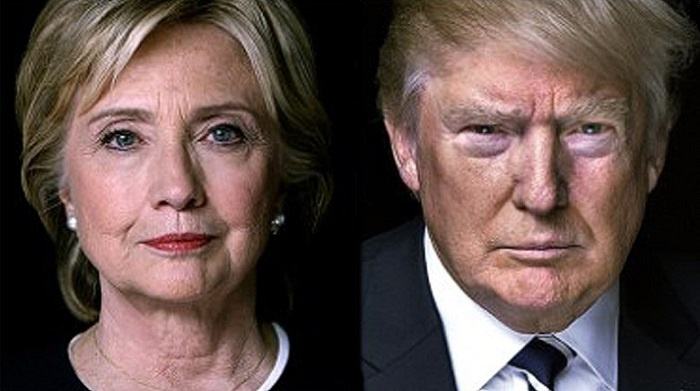Return of the Foreign Policy Hawks?

It is now all but certain that Donald Trump and Hillary Clinton will be their respective parties’ nominees for the presidency of the United States in the November 2016 elections. In several respects, these two candidates represent contrasting perspectives in their political views. Hillary Clinton represents more liberal views than Donald Trump on many social issues. Her positions on such topics as the rights of women and minorities separate her from the right-wing positions of Donald Trump on these issues. As a former first lady, Senator from New York and the Secretary of State in the first Obama administration, Hillary Clinton has extensive experience in domestic and foreign affairs. Donald Trump, on the other hand, is a businessman with no policy-making experience in domestic and foreign policy. He has effectively tapped into the resentment of a segment of the American electorate, the so-called “angry vote voters,” whose economic condition has deteriorated in recent decades and who have blamed the minorities, immigrants, the U.S. government as culprits for the socioeconomic malaise in American society. What is worth noting is that the majority of the American electorate harbors negative sentiments towards both Clinton and Trump. The negative sentiments towards Trump are especially high outside the United States, even among Washington’s traditional allies. Trump’s bombastic foreign policy statements reflect both naiveté about how the world works and a frightening ignorance about the limits of American power in today’s changing world. But who will be a more belligerent president in foreign affairs, Hillary Clinton or Donald Trump? In a recent article in the New York Times Magazine, entitled “How Hillary Clinton Became a Hawk,” Mark Landler traces the development of Clinton’s foreign policy views and explains the evolution of hawkish views in Clinton’s foreign policy outlook. AS this article demonstrates, Hillary Clinton is “the last true hawk” left in the presidential race and “more belligerent” than Trump in foreign policy issues. As Clinton’s critics have correctly pointed out, there has not been a single weapon system or war that Hillary Clinton did not like and/or did not support in her capacity as a U.S. senator or Secretary of State. With respect to the Middle East, Hillary Clinton has been in the forefront of supporting some of the most draconian measures against Iran. Although she has given lip service to President Obama’s rapprochement towards Iran and to the 5+1 nuclear deal with Iran, Clinton views Iran as a destabilizing force in the region and will be an enthusiastic supporter of the Israeli-Saudi line against Iran. It was during the U.S. presidential elections of 2008 that candidate Clinton stated that she would turn Iran into a dustbin if it threatened Israel’s national security. Although Clinton has not been as belligerent towards Iran in her latest bid for presidency as he had been in her 2008 electoral campaigns, she has nevertheless taken hawkish position on a number of cases dealing with Iran. Donald Trump has also been hostile to Iran in his campaign statements, and indeed may adopt dangerous policies towards Iran if he becomes president. Unfortunately, Iran should expect a less nuanced and more muscular approach by Washington towards Tehran in the next U.S. administration. As a consequence, there is a need for a sober and realistic assessment of Tehran’s regional and ultra-regional foreign policy objectives.

